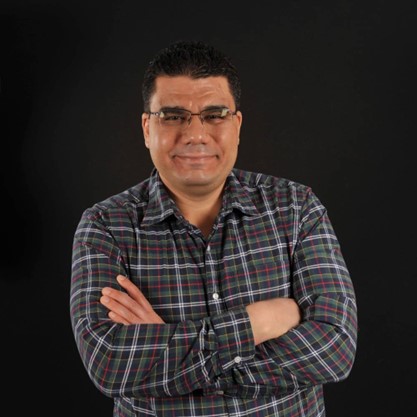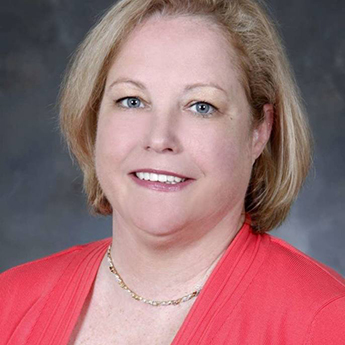Impact Assessment and Risk Management for Change Control
In this webinar, we will examine the process of evaluating and completing an impact assessment when applied to change control. We will discuss how to determine the level of impact assessment needed for what type of changes and how to base this decision on risk. A major part of the discussion will be the development of tools that can be used to do a complete impact assessment and how this will lead to a change plan to complete any activities needed to fully verify/validate the change. We will also be discussing a tool for doing a change-specific risk assessment which highlights the risks associated with the change. Applicable regulatory guidance will also be discussed.
- Change and the drivers of change
- Regulatory guidance or lack of guidance
- Elements of a change description
- Classification of changes: Minor changes and Everything else
- Change impact assessments
- Justification for why the change can be made
- Strategies for doing complete impact assessments
Control of changes is critical in a regulated industry such as pharma or medical devices. Improper, incomplete, or missing impact assessments of changes can lead to the production of a product which is unfit for market or the inability to produce good product at all. By controlling changes and doing a proper assessment of the impact of the change, including a complete risk analysis, undesirable effects of changes can be avoided.
- Professionals in quality assurance, regulatory affairs, technical, R&D, and manufacturing working in the pharma or medical device industries.
Alan M Golden has over 30 years of experience in the medical device industry, both in basic research and quality assurance. Alan spent 31 years at Abbott Laboratories. For the first 16 years as part of diagnostics R&D, he developed recombinant proteins used in diagnostics tests, received three US patents, and published numerous papers and abstracts. Alan then transitioned to a quality assurance role wherein both the Abbott Diagnostics and Abbott Molecular divisions, he was responsible for quality assurance for new product development, on-market product support, and operations.
Alan’s quality assurance experience extends from design control, change control, risk management, CAPA, process and test method validation, and statistics. He has been lecturing on these topics worldwide for over 10 years.
Alan retired from Abbott in 2018 and now runs Design Quality Consultants, providing training, workshops, and seminars in many areas of quality assurance.
Alan received his BS degree in Microbiology from the University of Michigan and his MS degree in Molecular Biology and Immunochemistry from the University of Illinois.
Upcoming Webinars

















































































